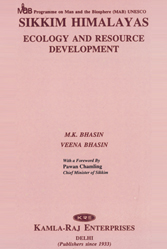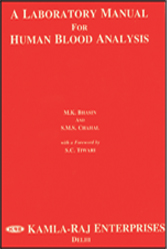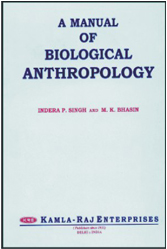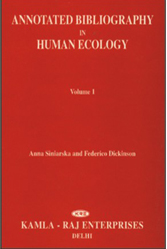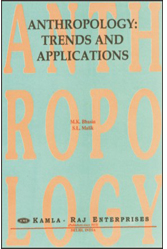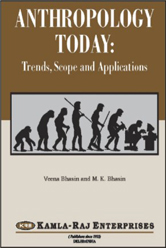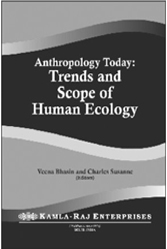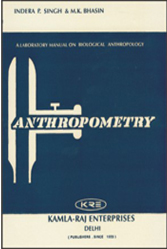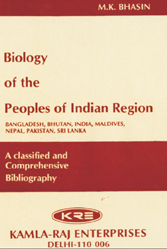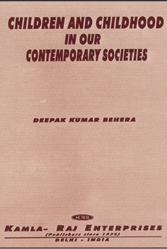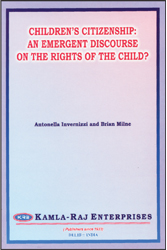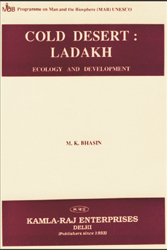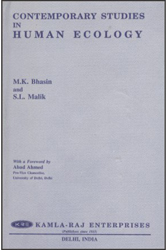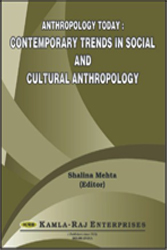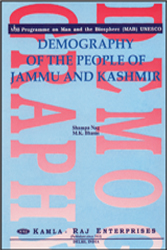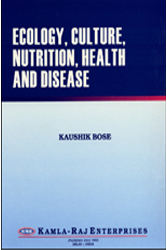SPECIAL VOLUME ANTHROPOLOGY
Anthropology Today: Contemporary Trends in Social and Cultural Anthropology
SHALINA MEHTA (Panjab University, Chandigarh, India)
2010 • Pages: 178 • Size: 180x240 • ISBN 81-85264-53-8 • Binding: Hard •
PRICE: US $ 45/- Rs.1450/
(Anthropologist Special Issue No. 7)
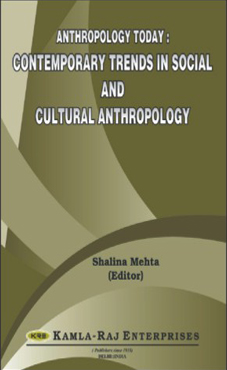
Cyber space’s, technology, ecological changes and environmental crisis, proxy wars and remote technologies controlling these wars, changing definitions of international borders along with plethora of treaties and trade regulations are redefining human societies.
Anthropology has moved out of its nascent insecurities and is accepted among sciences, humanities and social sciences as a political discipline that has the unique advantage of providing alternatives to many established notions of structured world communities.
Anthropological methodologies and its unflinching faith in field work centered empirical data generation have become content of many grounded theories in several other disciplines. There is universal appeal in anthropological imagination.
We are no longer a tribe of marginalized scholars whose primary interest is to document communities that are on the verge of extinction because of historical, cultural or natural processes of extermination. If we want to accept the collectivism of ‘tribe’ to represent our unique ability, then we must move forward and say that we as a tribe are not only
